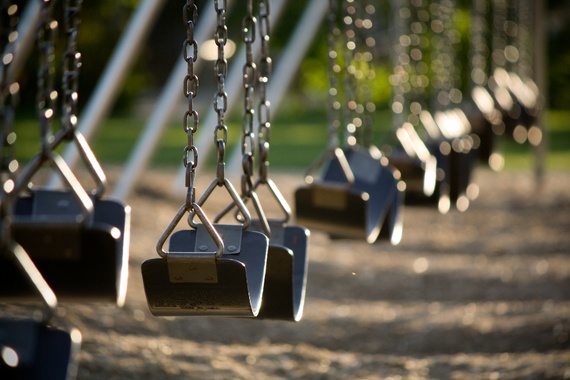
Click here to read the article in the Atlantic Monthly
The recent article in the Atlantic, How Finland Keeps Kids Focused Through Free Play, is a brief interesting article on how important recess is for school children. The author cites various studies and books that back this most insightful new finding. Who knew? Kids like to play? And they like to play on their own, making up their own narrative games, competitions, and imaginative journeys…
I do not mean to be too sarcastic in my reaction to this incredible new finding, but I do find it a bit outlandish that educators need to bolster their advocacy for free play at recess through research studies. On the whole, I think we should be elated that many educators are beginning to recognize that after many years of imposing artificial schedules on our children, schedules that are geared to merely prepare them for filling out bubbles on the SAT test, many are beginning to recognize that education is about the person. It is common to hear schools with varying philosophies talk about educating the whole person, but often, due to disagreements over who the human person is, what is his end goal, and what makes for true human flourishing, we soon lose the compass that once set the direction for school schedules and curricula.
A friend of mine recently attended a part of mostly home school families. He told me how impressed he was that the kids naturally gathered on their own apart from the adult circles of conversation and organized their own games, set the rules, and enjoyed hours of “free play” together. What a beautiful thing it is to see families gathered, adults able to enjoy each other’s company, while the young are out having a fantastic time without the need for excessive rules or supervision. It’s the most natural thing in the world, especially when family culture is at the root of it all. Many families are yearning for this kind of culture.
Recess in school for many teachers is a hassle. For home school families it is just a natural break from the more academic, intellectual tasks throughout the day. Many home school kids complete their academics in the morning and have much of the afternoon to either pursue their own interests, take a field trip, or strengthen recognized talents and skills, etc…
Recess at schools, and in Finland is a good idea. The frustrated boy mentioned at the start of the article, is a good depiction of what many boys are experiencing in school. They are angry and frustrated with an environment in which their great desire for daring and challenge is stifled. They often sit passively with pencils in hand, listening to the teacher most of the day, and filling out paperwork that will eventually be thrown away soon after it is completed–with some red marks here and there. Not to say that free play and recess lies at the heart of the problem. In fact, if this is truly the antidote to attention problems, than there is most assuredly an issue with pedagogy in the classroom as well. However, it is certainly true, that kids need breaks from academic/intellectual work, and schedules that do not permit this break, will work against the normal physiognomy of the young, especially boys.
Don Bosco, who began orphanages and schools for the lost boys of Italy believed in the importance of playing with the young at recess. He knew that we must show them that we love them in the things they love, so that they will be all the more willing to work hard on those tasks they find more difficult when we ask them. They need to know we understand this great need they have to act out on the playground, in the forest, and on the fields.
Every parent knows how important it is to have that landscape of action for their boys, and girls too, though these landscapes will certainly be different at times. Just the other day, a mother told me how the winter months in Chicago are now enjoyable for her sons ever since her husband built an ice rink in the back yard. What was once an unbearable period of passivity indoors, turned into a winter wonderland of activity and enjoyment for her sons. Often, we forget that at home and at school we must build landscapes of action in order to truly engage the young. These areas will encourage free play, or will add a new dimension to pedagogy by permitting the students to learn in hands on ways.
We must reconsider how we are constructing learning environments and schedules so that the young have opportunities to either take a break in creative ways, or learn in active ways. We should be glad to see that Finland, along with many other countries are beginning to regain a bit common sense–the kind of sense healthy family cultures had for years.
Enjoy the Atlantic article.
